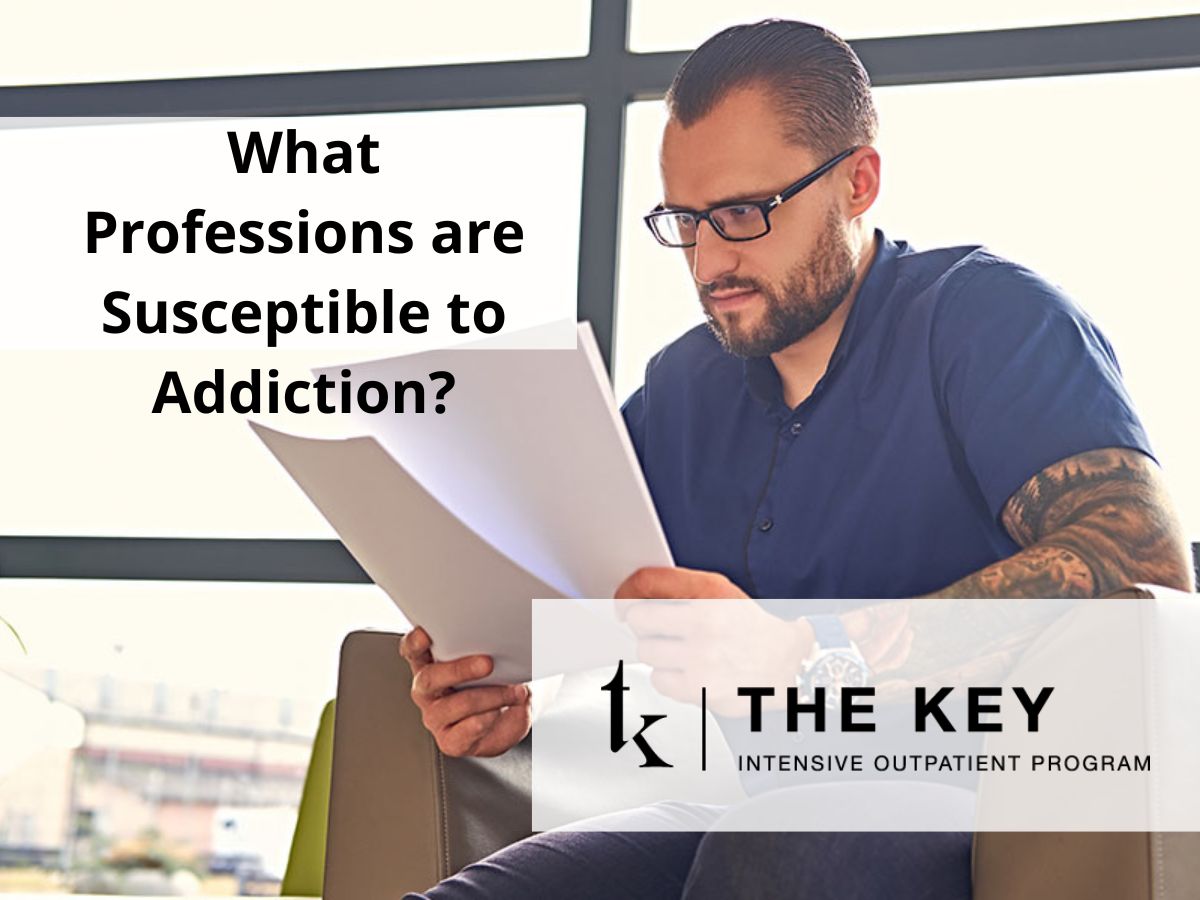There are many benefits to overcoming addiction and the mental and behavioral elements often underlying substance abuse. These benefits include gaining control of your life and starting to live again. Mental health challenges are often met with scrutiny, stigmas and the need to self-medicate when access to treatment isn’t available. More often than not, those seeking help would have to see a different specialist for addiction and mental health disorders; however, an integrated, convenient treatment option is effectively known as Dual Diagnosis.
Mental health disorders and substance abuse often occur together. Approximately 19.86% of adults today are experiencing a mental illness. This means nearly 50 million Americans suffer from disorders such as depression or anxiety. 7.74% of adults in America reported having a substance use disorder in the past year and being tied to an underlying mental illness.
Over 27 million individuals experiencing mental health disorders are being left untreated.

What Is Dual Diagnosis?
Dual diagnosis is sometimes called a co-occurring disorder. Sadly, many people often turn to “self-medicating” or substance use to help manage symptoms related to their underlying mental illness; thus, dual diagnosis is relatively common. Finding dual diagnosis treatment is crucial to recovery if you or a loved one is battling addiction and a mental health disorder.
What Should I Expect From a Dual Diagnosis Treatment Program?
Since mental illness and substance abuse can be closely intertwined, addressing both simultaneously through dual diagnosis treatment is essential. This treatment looks different for everyone and is based on various factors, including the specific mental health problem you’re battling and the type of substance you use. Generally, however, you can expect dual diagnosis treatment programs to include:
- Psychiatric therapy (including cognitive behavioral therapy)
- Detox, which medical professionals oversee
- Individual and group therapies for addiction
- Wellness programs to help heal your mind and spirit
Your recovery support specialist will help develop a unique dual diagnosis treatment program that works best for you. A comprehensive understanding of your mental illness will help the treatment team create the best dual diagnosis program uniquely tailored for you. Your program will likely start with a complete psychiatric evaluation to help determine what if any, mental illness you’re struggling with. For example, the evaluations commonly help to diagnose anxiety disorders, depression, post-traumatic stress disorder or bipolar disorder.

Inpatient vs. Outpatient Program Options
Treatment for substance abuse disorder has two options: inpatient and outpatient. The same is true for co-occurring disorders.
Inpatient Treatment
This option allows you to temporarily stay in the treatment facility under 24/7 supervision. The length of stay varies but is generally between one and three months. The focus is solely on recovery without any external stresses during this time and where you are monitored day and night.
Outpatient Treatment
These options are more flexible. In outpatient programs, one will undergo treatment for a few hours, several days a week, for a set amount of time. Although an outpatient program isn’t ideal for people requiring fully committed 24/7 medical and emotional support, it’s perfect for those with a schedule and employment who seek external support groups to treat underlying causes of addiction and mental health issues. It is also ideal for those who have graduated from treatment programs and need continuity of care as they transition back to regular work, school, social or family life.
What Are the Benefits of Dual Diagnosis Treatment?
There are numerous benefits to dual diagnosis treatment. The most significant of these are discussed in detail below.
How The Key Addiction Treatment Center Can Help
If you or a loved one requires dual diagnosis treatment, The Key Addiction Treatment Center, in Santa Cruz is here to help. Call us at (831) 484-4191 to learn more about our dual diagnosis treatment programs so you can start your journey to recovery today.
You can also learn more about our program and admissions process on our website and fill out our online contact form if preferred. One of our mental health and addiction treatment professionals will contact you as soon as possible.








